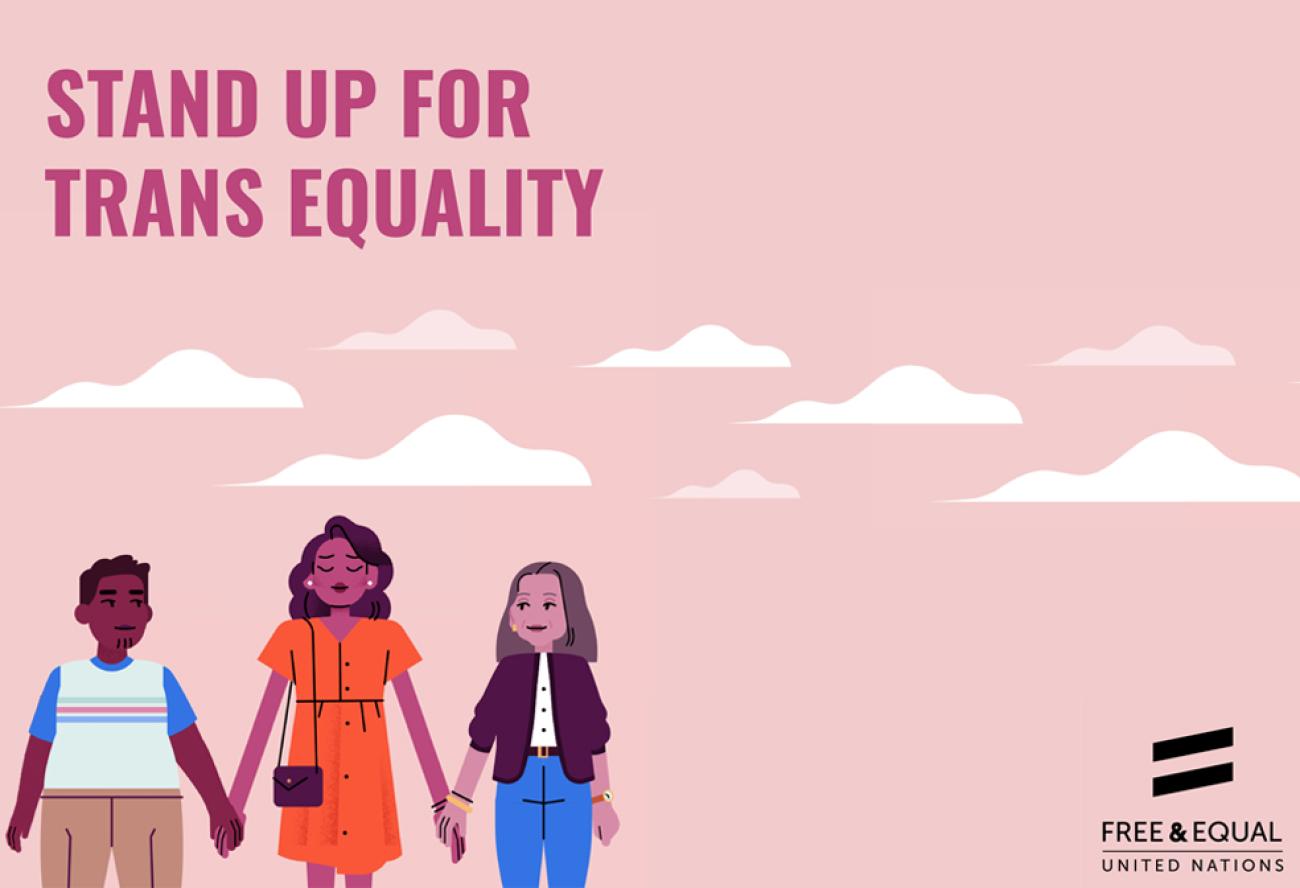Belgrade – This week, Geneva is hosting the World Health Assembly, during which, amongst other things, gender incongruence will be removed from the mental illnesses list (depathologized). Instead, in the new International Classification of Diseases (ICD-11), being transgender is classified as a condition rather than an illness.
This is the first step, at the international level, towards the depatologization of gender incongruence, and all member states, including Serbia, will start reporting on the implementation of the new classification as of 2022. This leaves enough time for the document to be implemented and all the necessary changes to be made at the national level.
Pathologization is deeply rooted in all spheres of transgender persons’ social life – from legal status to access to health care, from employment prospects to everyday treatment by the general public and immediate family alike.
“Health is a fundamental human right, and discrimination has a substantial impact on health. This approach to gender incongruence in the new ICD will enable transgender persons to access health care in accordance with their experienced gender”, stated Dr Marijan Ivanuša, Head of the World Health Organization Country Office in Serbia, at an event on this topic, gathering representatives of relevant state bodies, international organizations, national civil society organizations, as well as representatives of Serbia’s transgender community. “This is especially important in view of the data indicating that in European countries sexual minorities experience significantly poorer physical and mental health. For transgender persons, mortality is three times as high, and transgender women are also ten times as likely to attempt suicide”, added Dr Ivanuša.
At the national level, the removal of transgender conditions from the mental illnesses list facilitates the recognition of identity through a less medicalized approach. Moreover, transgender persons should be better included in society and have better opportunities to exercise their rights and access services, instead of lengthy diagnostic processes and medicalization.
“Social exclusion is directly linked to pathologization, when a human being is viewed through the lens of a diagnosis or medical findings. If we truly respect human rights, the one thing we should all work towards is to respect the autonomy, dignity and integrity of every person, regardless of the gender identity and its manifested form”, said Milan Marković, Head of the UN Human Rights Team in Serbia in his address to the gathered representatives of relevant state bodies, international organizations, national civil society organizations and Serbia’s transgender community.
“The UN global 2030 Sustainable Development Agenda advocates the ‘leave no one behind’ principle. This applies in particular to the most vulnerable groups, such as transgender persons. Leading research shows that transgender women are about 49 times as likely to contract HIV infection as other women”, noted Marija Raković, UN Population Fund Representative in Serbia.
The classification was previously amended in 1990, when homosexuality was taken of the mental illnesses list as the first major step towards social equality and efficient realization of human rights for homosexual people.
The event was jointly organized by the UN Human Rights Team, UN Population Fund (UNFPA) and ERA – LGBTI Equal Rights Association for Western Balkans and Turkey, in cooperation with the Ministry of Health of the Republic of Serbia and the World Health Organization Country Office in Serbia.
- Ends -
Additional information:
Gender identity is the personal sense of one's own gender and usually correlates with the sex at birth. When an individual's gender identity is different from his/her sex, he/she is usually considered a transgender person.
The most recent edition of the International Classification of Diseases (ICD-11) is a standard-setting document and, essentially, a reference book to help diagnose and monitor health problems worldwide.
In its most recent edition, the section on gender identity has been shifted from the chapter on mental disorders to a new chapter on sexual health. This shows that being transgender is not a mental illness, which gave rise to stigmatization of and discrimination against these persons in the past.





